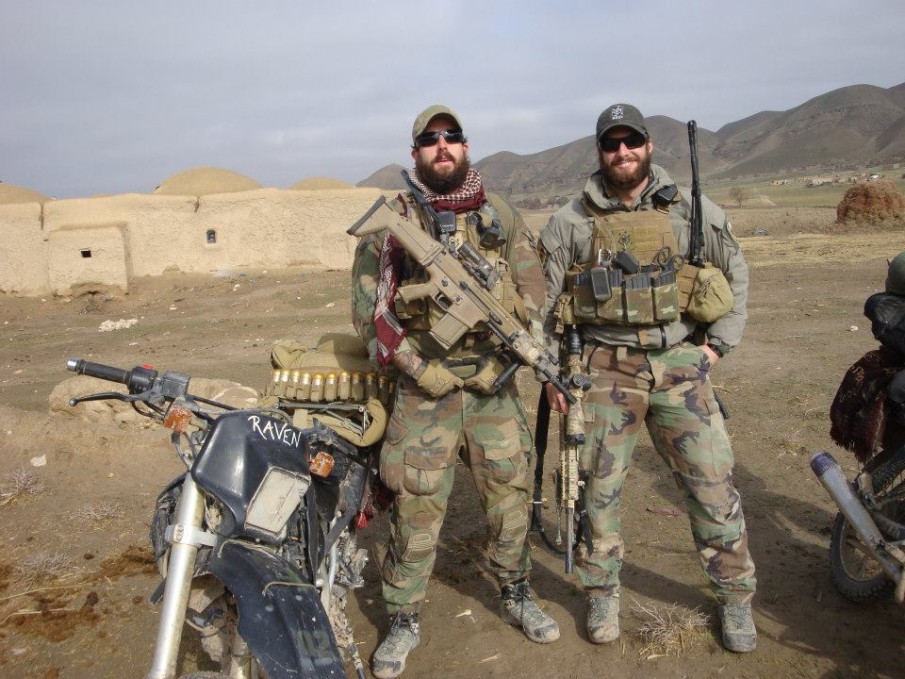Amid the Department of Defense’s historic change to open all combat jobs to women, the Marine Corps accepted the first female applicants to their sister service branch’s special operations command (MARSOC).
An average of 11 months of grueling training and the mastery of seven weapons are just some of the hurdles these candidates will need to overcome in order to join the elite tier of the corps.
After serving three years as a Marine, MARSOC candidates arrive at Camp Lejeune, North Carolina, in the best shape of their lives. Some of the physical assessments include a 300-yard swim in cammies and a brutal 12-mile timed rucksack run carrying 45 pounds of gear.
Come along to MARSOC and see what the training is like.
MARSOC training begins with Phase One, a 10-week-long course that focuses on basic skills all operators will need to master.

These skills include general fitness…

…and significantly more advanced swimming skills.

All Marines must also master survival skills, completing Survival, Evasion, Resistance, and Escape (SERE) training and Tactical Combat Casualty Care (TCCC).
Already have an account? Sign In
Two ways to continue to read this article.
Subscribe
$1.99
every 4 weeks
- Unlimited access to all articles
- Support independent journalism
- Ad-free reading experience
Subscribe Now
Recurring Monthly. Cancel Anytime.
Amid the Department of Defense’s historic change to open all combat jobs to women, the Marine Corps accepted the first female applicants to their sister service branch’s special operations command (MARSOC).
An average of 11 months of grueling training and the mastery of seven weapons are just some of the hurdles these candidates will need to overcome in order to join the elite tier of the corps.
After serving three years as a Marine, MARSOC candidates arrive at Camp Lejeune, North Carolina, in the best shape of their lives. Some of the physical assessments include a 300-yard swim in cammies and a brutal 12-mile timed rucksack run carrying 45 pounds of gear.
Come along to MARSOC and see what the training is like.
MARSOC training begins with Phase One, a 10-week-long course that focuses on basic skills all operators will need to master.

These skills include general fitness…

…and significantly more advanced swimming skills.

All Marines must also master survival skills, completing Survival, Evasion, Resistance, and Escape (SERE) training and Tactical Combat Casualty Care (TCCC).

After a successful completion of Phase One, Marines enter into eight weeks of small-unit tactics in Phase Two.

This second phase involves small-boat operations and information collection.

Urban and rural reconnaissance is also a focus of this phase.

After completion of Phase Two, successful Marines enter into five weeks of close-quarters battle training.

Read and view more at Business Insider


















COMMENTS